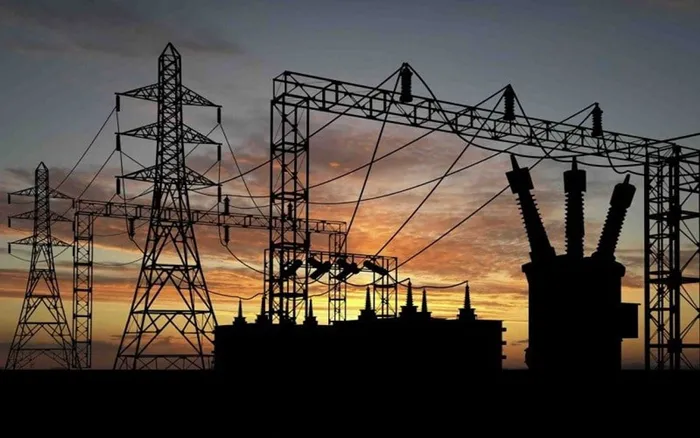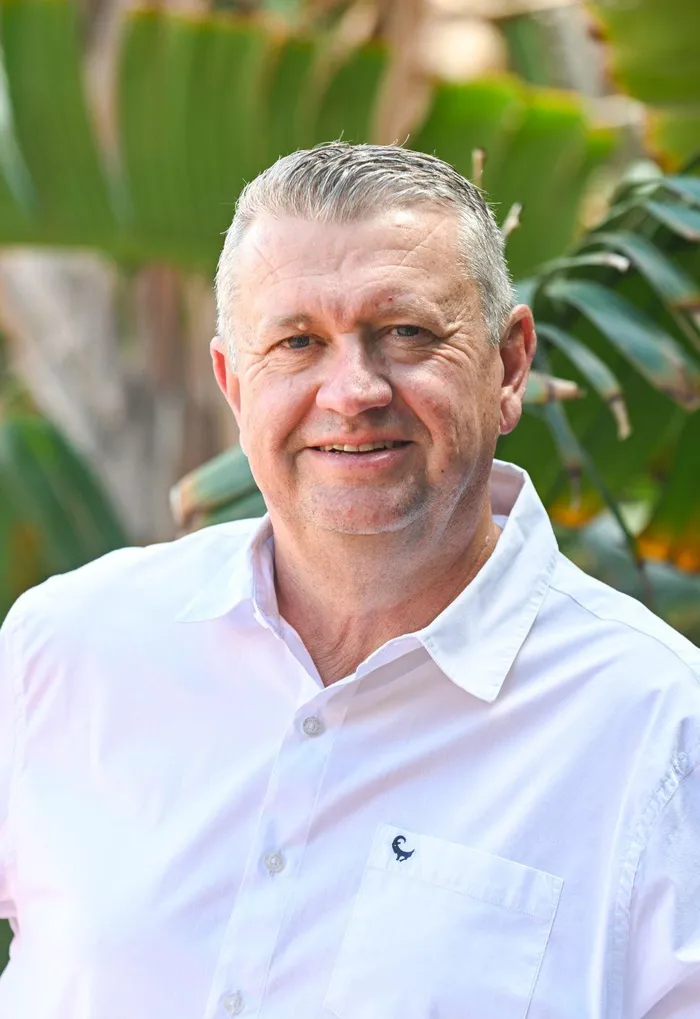Ensuring affordable energy access for poor households in South Africa's just energy transition

Around 10 million households struggle daily to choose between food and energy.
Image: File
On 17 September 2025, the Gordon Institute of Business Science (GIBS) is hosting a Just Energy Transition seminar, where I have been invited to contribute to a panel discussion titled: “Power Talk: Renewable Energy Deployment & Access – Scaling Solar, Wind and Hydro Energy.” The Just Energy Transition is a significant topic, and in South Africa it is an urgent one.
The energy transition is accelerating, perhaps too quickly for many of the stakeholders involved. Yet speaking about a “just” transition in a fundamentally unjust society presents a challenge. We cannot expect the energy industry to resolve all of South Africa’s deep social inequalities, nor should the industry be blamed for conditions it did not create.
Recent headlines underline the scale of the problem: “973 children die of malnutrition in hospital during the last 18 months in South Africa.” Many more children die unseen, at home. South African Human Rights Commission (SAHRC) commissioner Philile Ntuli said: “We want to secure accountability… This is not a natural disaster, it is a failure of the state.” Commissioner Sandra Makoasha told Eastern Cape Premier Oscar Mabuyane: “Children cannot eat policies.” What does this have to do with the energy transition? The Public Affairs Research Institute’s book Hungry for Electricity makes the link clear. It shows the causal chain between electricity access, employment opportunities, rising household income, and food security.
It is no coincidence that the United Nations Sustainable Development Goals include “universal access to affordable, reliable and modern energy services.” Poverty in South Africa is severe. According to PARI, 25% of households (4.3 million) live below the food poverty line, and another 30% (5.1 million) fall below the upper-bound poverty line. (2021 statistics). That means around 10 million households (55% of the total) struggle daily to choose between food and energy. To help these households, government introduced Free Basic Electricity (FBE).
The problem is that FBE is set below the minimum threshold level of consumption (MTLC), the level above which electricity access begins to have a measurable socio-economic impact. PARI estimates this threshold at 350 kWh per month, while FBE currently provides only 50 kWh. As PARI notes: “The best approach to affordability is to maximise households’ ability to consistently access the full MTLC as this will not undermine existing priorities of poverty reduction in general, and food security in particular.”
Discussions about a just energy transition must, therefore, focus on ensuring affordable and reliable access for poor households, enabling them to consume above the MTLC and achieve genuine socioeconomic benefits. Affordable and reliable access depends on more than technology. It requires tackling systemic weaknesses in generation, transmission, and distribution: an outdated tariff structure; neglected municipal and rural infrastructure; Eskom’s monopolistic behaviour and political backing; illegal connections and the illicit sale of prepaid tokens; shortages of skilled technical staff in municipalities; an ageing generation fleet; and limited access for new distributed generation assets to connect to the grid.
Addressing these systemic issues must be the priority if the just transition is to have meaning. In my view, the root cause lies in a tariff structure that penalises smaller consumers through high fixed charges, compounded by weaknesses in the FBE programme. This structure persists partly because Nersa has failed to act proactively, translating government policy into regulation that ensures the industry serves its customers.
Electricity for the poor should not be free. It should carry a price signal that reflects its value, but be supported by grants that enable households to purchase enough electricity to live above the MTLC and strengthen food security. A just transition must be about more than building new power plants. It must also help reshape society: moving poor households beyond survival mode, creating real opportunities, and enabling healthier lives.
In parallel, as a country we must also move away from an over-processed, sugar-based diet and towards whole foods. The distributed electricity industry can play a role here too, by supporting agricultural activity and cold storage that give rural communities access to fresh, nutritious produce.

Thomas Garner holds a Mechanical Engineering degree from the University of Pretoria and an MBA from the University of Stellenbosch Business School.
Image: Supplied
Thomas Garner holds a Mechanical Engineering degree from the University of Pretoria and an MBA from theUniversity of Stellenbosch Business School. Thomas is self-employed focusing on energy, energy related criticalminerals, water and communities. He is a Fellow of the South African Academy of Engineering and aManagement Committee member of the South African Independent Power Producers Association.
*** The views expressed here do not necessarily represent those of Independent Media or IOL.
BUSINESS REPORT